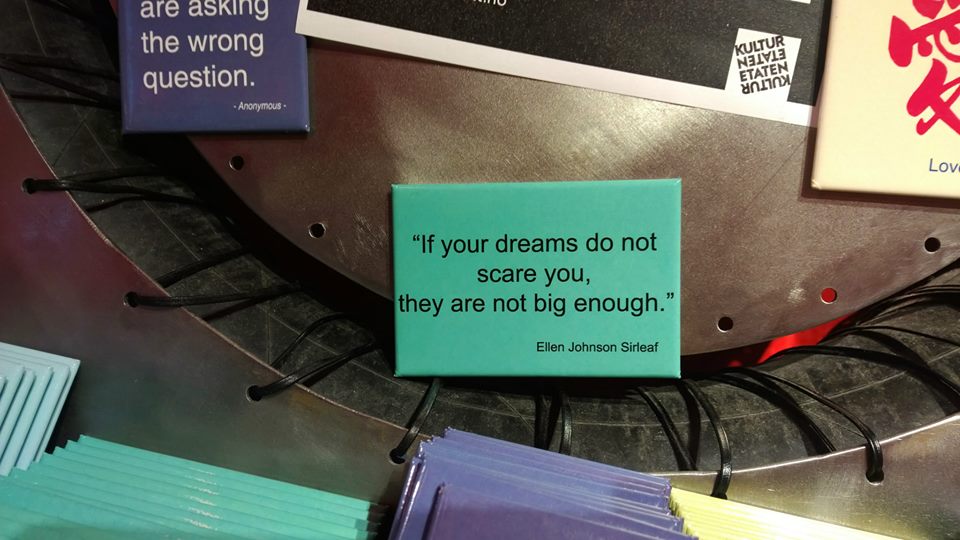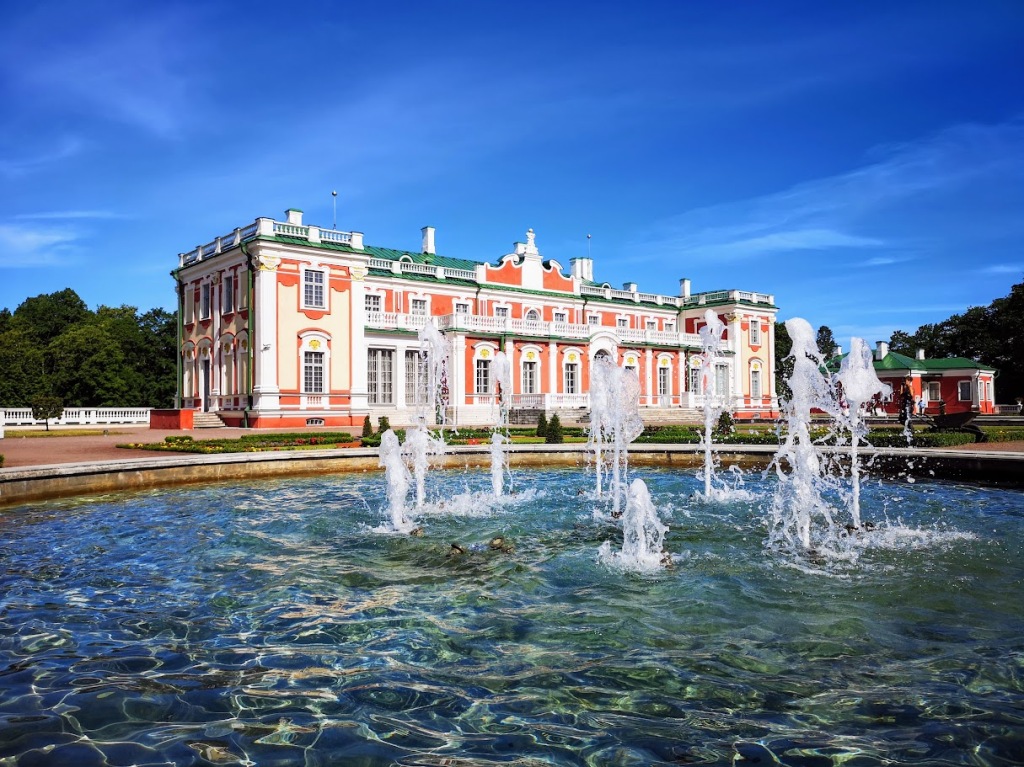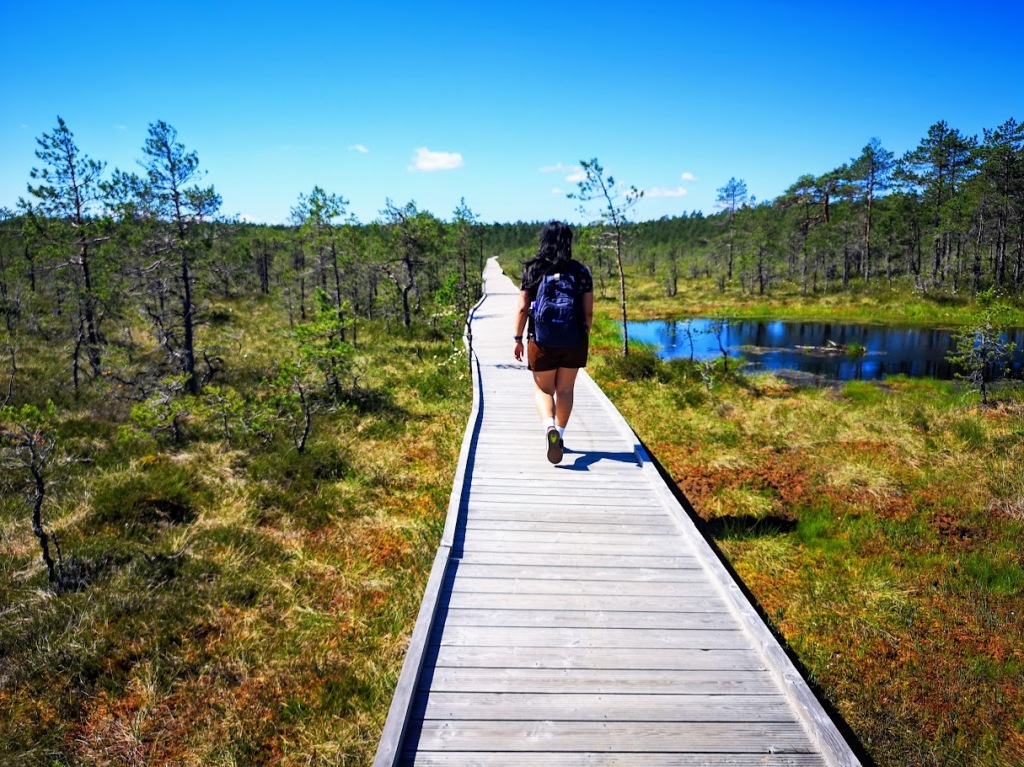Disclaimer: This entry is about admission in a state university or college in Norway, with Norwegian as medium of instruction (MOI). If you’re looking for help to get admitted in a degree with English as MOI (those degrees are very limited in number, by the way), you have to follow the school’s application procedure and fulfill specific requirements, and they vary from school to school and from degree program to degree program. Perhaps, I’d write more about that in a different entry. 😉

- exam in Vg3 (393 hours) norsk taken from a videregående skole (high school)
- Test i norsk, høyere nivå, skriftlig (exam in Norwegian, higher level, written a.k.a. Bergenstesten) with a grade of “bestått” (passed) or minimum 450 points
- exam in trinn 3 taken from Norwegian universities
- taken and passed a course in norsk språk og samfunnskunnskap (Norwegian language and social studies) worth at least 60 sp (studiepoeng)
- norskproven fra VOX (exam from VOX, with B2 level results in all four areas – speaking, reading, writing and listening)
- having attended 9th grade-10th grade in grunnskole (elementary school) with Norwegian as medium of instruction
2. Språkkravet i engelsk (requirement for English, ONE of the following)
- English subject from a Norwegian videregående skole (vgs, high school) worth 140 hours
- TOEFL (Test of English as a Foreign Language) with at least 500 points from the paper-based actual exam OR 60 points if you take the online exam
- IELTS (International English Language Testing Service), academic version, with at least 5.0 overall band result
- Cambridge ESOL Exams (First certificate in English OR Certificate in Advanced English OR Certificate of Proficiency in English)
- It is also possible to meet this requirement if you took your bachelor’s degree in the Philippines with English as MOI. But this is tricky, since it is mandatory for us to take subjects in Filipino as well. Besides, almost all degrees in the Philippines have BOTH English and Filipino as MOI, not just English.
- It is also possible to meet this requirement if you took at least one year of university studies abroad (USA, Australia, Canada, UK, New Zealand, Ireland) with English as MOI.
- It is also possible to meet this requirement if you took a masters degree with English as MOI.
There you have it. You just have to choose one from the lists above, one for norsk and one for english, to document your language skills. I have been asked many times what I did to fulfill the language requirements. I also held an au pair visa, and so I had limited time and limited resources. As per au pair contract, the host family is obliged to pay at least 8,400 NOK for language studies per year. My host family told me that they would not pay more than that, so I had to maximize everything. A language course in Norway costs about 3 to 5000 NOK, depending on the school, so there was no way I could fulfill the language requirement for universities if I took all courses available. So here’s what I did.
As soon as I arrived in Norway, I started learning Norwegian on my own (self-study). The language study is divided in accordance to the CEFR (Common European Framework of Reference for Languages). It is the standard tool that is used internationally to assess or determine an individual’s language ability. To get admission to a Norwegian university/college, you would need at least level B2. So, you have:
BASIC USER – levels A1-A2 (nybegynner)
INDEPENDENT USER – levels B1-B2 (mellomnivå – høyere mellomnivå)
PROFICIENT USER – levels C1-C2 (høyere nivå)
(Read more about the CEFR in Norwegian here.)

Learning a language is progressive. I started with levels A1 and A2 using the following tools.
- På Vei textbook and workbook, combined with online exercises and listening files found on: http://pavei2004.cappelendamm.no/ and http://pavei-oppgaver.cappelendamm.no/
- Norwegian on the Web (NoW), a 10-chapter online learning platform hosted by NTNU (Norwegian University of Science and Technology): https://www.ntnu.edu/now
- Youtube videos and music
- TV programs and films at https://tv.nrk.no/. You can turn the subtitles on for guidance.
- Mobile apps, specifically Duolingo (https://www.duolingo.com/course/no-BO/en/Learn-Norwegian-(Bokm%C3%A5l)-Online)
- Talking to my host kids in norsk, using Google Translate if needed, and reading children’s books
- Blogging about what I learned, and recording my voice when I read.
If you opt to self-study, make sure you set a specific time of the day where you sit and actually study. For example, from 8pm-10pm. After two months, I decided that I was ready to move further up the ladder. SO I searched for language schools, offering the cheapest prices possible. It is important to choose a school that is recognized by VOX, i.e., so you’re language courses will also be recognized by the UDI when you apply for another type of visa.
I went to Alfaskolen in Oslo and asked for a placement test. Alfaskolen is one of the well-known language schools in Oslo, with a few number of students in class. When you get there, tell the staff that you would like to take a placement test, and then tell her the highest level you think you’d manage to pass. Before going there, I also took a free placement test online on https://www.folkeuniversitetet.no/Artikler/Spraaktester/Nivaatest and got B1, so I took the same level for the placement test at Alfaskolen. A level is divided into three at Alfaskolen, so they have B1-1, B1-2, B1-3 classes. It’s actually just a matter of book chapters. Read about the division of levels here: http://www.alfaskolen.no/m/norwegian-courses/ .
I got B1-2 on the placement test, and eventually enrolled at ALfaskolen. I had to self-learn the first 5 chapters of the book Stein på Stein, and took Chapters 6-10 in class. The whole course costs 3870 NOK and lasted one month, with classes twice a week and worth 30 hours. The teaching was fine, but I noticed that the instruction was very much just based on the book used. No games, no further activities. (That was then. Perhaps it’s different now.) And because of that, I decided to just take an online course via Folkeuniversitetet. The online course costs 4650 NOK, and included access to Lingua Planet (learning platform) for 20 weeks, six Skype sessions with 30 minutes each, and three written essays with corrections. It was actually very cool — my assigned teacher lives in Peru! The whole course is worth 42 hours of teaching. Studying online is practical and cheap, but you need a LOT of motivation. Here’s the online course I took for level B1: https://www.folkeuniversitetet.no/Spraakkurs/Norskkurs-mellomnivaa/Norskkurs-mellomnivaa-nettbasert-med-Lingua-Planet-B1.

After 5 months, I got my certificate for B1. Hurrah! 😉 For level B1, I used almost the same resources as A1-A2, except that I used this book instead:
- Stein på stein textbook and workbook, CD and wordlist, combined with online exercises and listening files found on: https://steinpastein2005.cappelendamm.no/ and https://steinpastein-oppgaver.cappelendamm.no/
I already used 9 months of my 24-month au pair visa. The next level is B2, and I faced several options again — B2 in-classes or trinn 3 (B2-C1) at Universitetet i Oslo. The former option was cheaper, so I opted for it. You can take trinn 3 within a semester (spring or autumn), the classes twice a week and costs 14000 NOK plus semester fee. Read more about the course here: http://www.uio.no/studier/emner/iss/nora/NORA0130/. If you live far from Oslo, I’m pretty sure trinn 3 is also offered in other Norwegian universities. The course is equivalent to level B2-C1 and to Bergenstest. You will get a grade between A-E, A being the highest, and the minimum grade requirement for admission to universities depends on the course. For example, if you plan to take teacher education (lærerutdanning), you would need at least a grade C.

Since I didn’t have all the time in the world (five months of studying) and could not afford to travel twice a week to Oslo because of my host family’s busy schedule, I decided to take the intensive course given in Summer. It lasted 6 weeks, with 3-hours teaching each day. It had the same requirement as the semestral one — a baby thesis (skriftlig oppgave), and the written and oral exams at the end of the course. But it was cheaper — 9, 700 NOK for off-campus, with an excursion included in the price. 😉 Read more about the course here: http://www.uio.no/english/studies/courses/iss/summer-school/ISSN0130/.
I took trinn 3 in summer last year, and got a grade of B, enough to apply for admission in a Norwegian university/college this year. If you plan to take the same steps that I did, please take note of the deadlines for application! Very important.

For trinn 3, we used the textbook and workbook Her på Berget. We also had to read and analyze the Norwegian play, Et dukkehjem by Henrik Ibsen, and of course, the obligatory written babythesis, of which I wrote about the Au pair program and its effects and influence on the Norwegian household. For the said requirement, each student can choose his/her own topic, provided that it is approved by the teacher.
As for the English language requirement, I took IELTS in November 2015. Read about my experience here: https://pinayodyssey.com/2015/12/18/taking-the-ielts-with-poise/.
All the information about the admission requirements can be found here: https://www.samordnaopptak.no/info/utenlandsk_utdanning/filippinene/opptakskrav/. Norway’s university/college application is centralized, so you apply for all the schools using one platform – SamordnaOpptak. Again, take note of the deadlines. Start of application is on February 1 each year, and deadline for us is March 1. If you apply for early admission due to student visa processing or moving, you will get the results by May 20. If not, by July 20. 🙂 And once again, application for courses with English as MOI has different deadlines! More about that + the step-by-step guide to the application process in the next entries.
There you have it. The key is motivation, and taking placement tests to know which level you are. Yes, you don’t necessarily have to take all the classes in school. Saves time and money. 😉
Hope this helps! Cheers! 😉
#spreadlove






Leave a comment